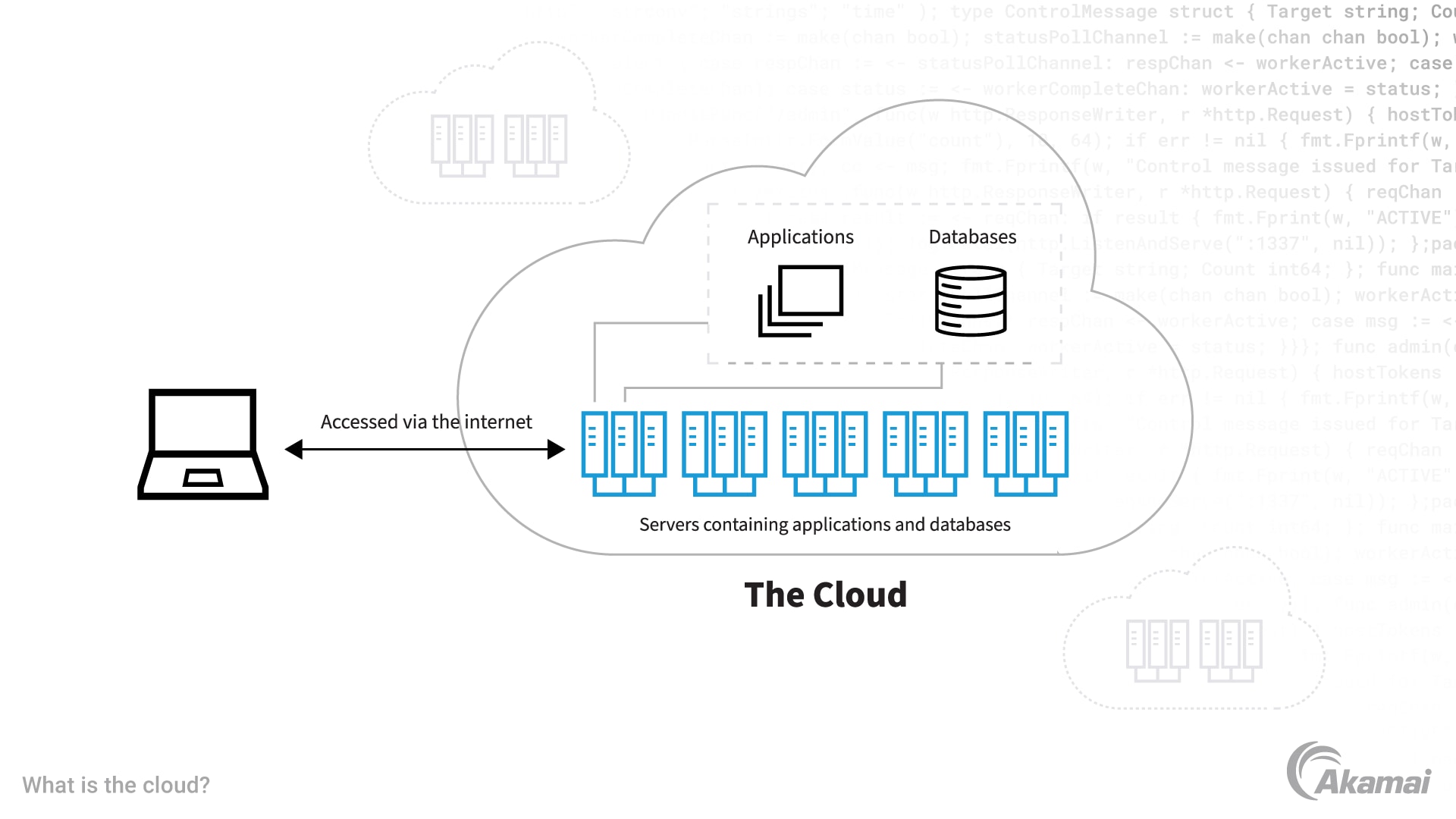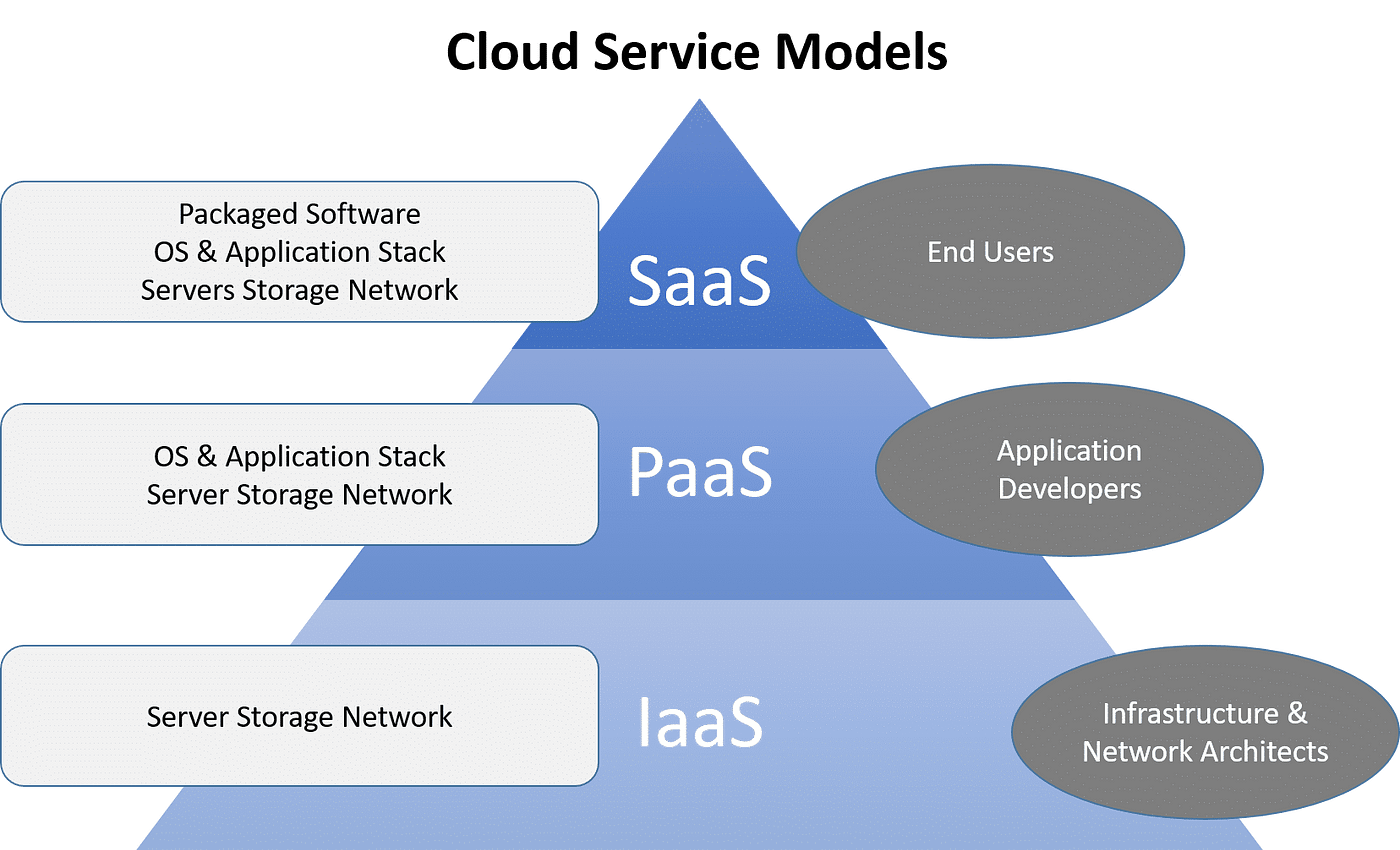LinkDaddy Cloud Services Mastery: Advanced Approaches for Reliable Cloud Services Press Release
Wiki Article
Streamline IT Monitoring With Cloud Services
Cloud services have actually arised as a sensible remedy for companies looking to boost performance, reduce expenses, and boost overall IT efficiency. Just how precisely do these cloud solutions reinvent standard IT monitoring methods? Allow's discover the transformative impact of leveraging cloud solutions on IT operations and the vital considerations for successful application.Benefits of Cloud Solutions

Additionally, cloud services make it possible for organizations to boost their operational performance by simplifying procedures and lowering the moment and resources needed for handling IT infrastructure. With cloud services, companies can automate regular tasks, such as software updates and information back-ups, freeing up IT teams to focus on more critical initiatives that drive business worth.

Boosted Scalability and Adaptability
Cloud services give businesses with exceptional scalability and versatility in handling their IT sources effectively. Scalability is an essential feature of cloud solutions that allows business to quickly change their IT sources based on demand. With cloud services, services can rapidly scale up or down their computer resources, storage capacity, and network transmission capacity to fulfill altering demands without the requirement for considerable ahead of time investments in equipment. This versatility makes it possible for organizations to adjust to changing workloads, seasonal needs, or unexpected growth without experiencing downtime or efficiency issues.Furthermore, cloud solutions provide the versatility for staff members to access business data and applications from anywhere, any time, and from any kind of tool with a net link. This capacity boosts efficiency and cooperation amongst remote teams or workers working in different places. In addition, cloud solutions offer the versatility to select from a selection of solution models, such as Facilities as a Service (IaaS), System as a Solution (PaaS), or Software Program as a Solution (SaaS), based on the specific demands of business. The enhanced scalability and adaptability offered by cloud services encourage companies to enhance their IT operations and stay dexterous in today's vibrant market environment.

Cost-Effectiveness and Savings
With the capability to efficiently allocate sources based on demand, businesses utilizing cloud solutions can harness considerable cost-effectiveness and realize significant cost savings in their IT operations. In addition, cloud solutions reduce upkeep expenses by shifting the responsibility of equipment upkeep and software updates to the solution provider. On the whole, the cost-effectiveness and cost savings accomplished with cloud services make it possible for companies to reapportion sources towards technology and growth campaigns.Improved Safety and Compliance
Enhancing the total safety and security stance and making sure regulatory conformity are paramount considerations for organizations leveraging cloud services in their IT monitoring techniques. Cloud provider offer sophisticated security procedures, such as information encryption, multi-factor verification, and automated back-ups, which can reinforce a company's safety structure. These suppliers additionally comply with rigorous regulatory requirements, such as GDPR, HIPAA, and PCI DSS, aiding organizations fulfill compliance requirements more effectively.Carrying out cloud solutions can enhance security by offering centralized control over access management, monitoring, and information protection. This central strategy simplifies protection monitoring and makes certain constant application of safety plans throughout the company. Cloud services typically supply universal cloud Service real-time safety and security updates and spots, minimizing the risk of susceptabilities and potential violations.
Finest Practices for Cloud Execution
Applying cloud services effectively calls for an organized strategy that encompasses detailed planning and persistent execution. To guarantee a smooth change to the cloud, organizations should start by performing a comprehensive analysis of their existing IT infrastructure and identifying which work appropriate for movement. It is vital to establish clear purposes and define key efficiency indicators (KPIs) to determine the success of the cloud execution.Among the most effective practices for cloud implementation is to very carefully choose a cloud provider that aligns with the organization's demands in regards to protection, scalability, compliance, and cost-effectiveness. Furthermore, creating a comprehensive movement plan that outlines the actions included, timelines, and duties is critical for an effective execution.
Consistently keeping track of and optimizing cloud resources to guarantee efficient performance and cost administration is one more important aspect of cloud execution ideal techniques. Continual examination of the cloud setting and staying informed concerning updates and new features used by the cloud company can even more boost the organization's cloud approach. By complying with these ideal techniques, companies can streamline their IT management and make the most of the benefits of cloud solutions.
Final Thought
In final thought, leveraging cloud services for IT management offers various benefits, including enhanced scalability, cost-effectiveness, enhanced safety and security, and compliance. By adhering to best practices for cloud application, organizations can simplify their IT procedures, automate regular jobs, and enhance resource allotment. This streamlined approach allows IT groups to concentrate on tactical initiatives and advancement, eventually supplying worth to the organization. Generally, cloud services improve operational performance and dexterity in managing IT infrastructure.Furthermore, cloud services offer the versatility to select from a selection of service designs, such as Infrastructure as a Solution (IaaS), System as a Solution (PaaS), or Software Program as a Service (SaaS), based on the particular requirements of the business. Furthermore, cloud services minimize upkeep expenses by shifting the responsibility of hardware maintenance and software application updates to the service supplier.Enhancing the total safety and security posture and making certain regulatory conformity are critical factors to consider for businesses leveraging cloud solutions in their IT monitoring techniques.Routinely enhancing and checking cloud resources to make sure reliable performance and expense monitoring is an additional crucial element of cloud application finest practices. Continual examination of the cloud environment and staying notified concerning updates and new features supplied by the cloud service provider can additionally boost the company's cloud method.
Report this wiki page